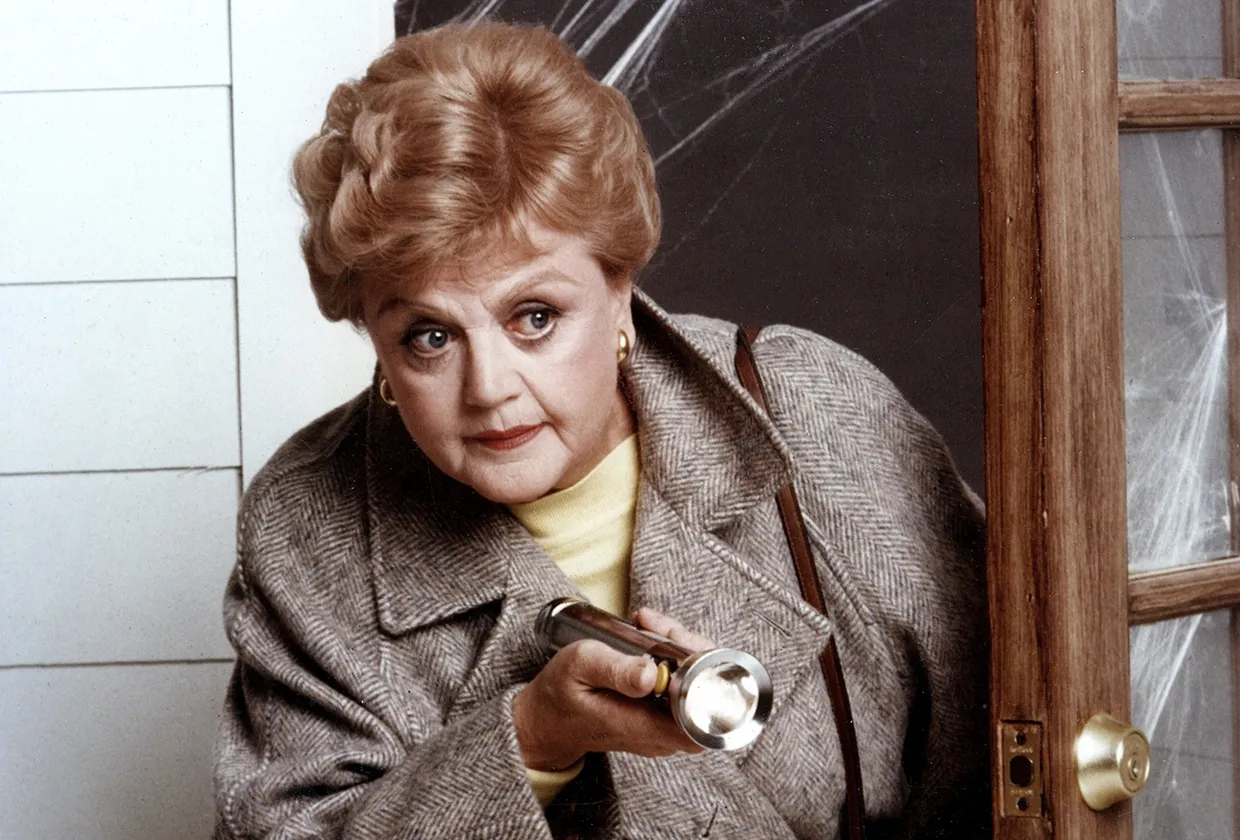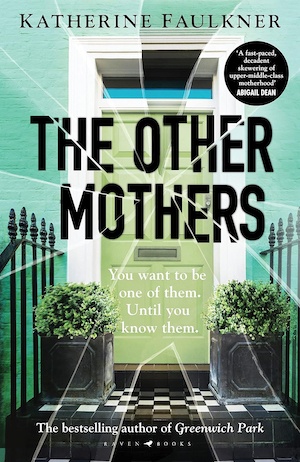Translated by Alison McCullough — There are thousands of psychological thrillers out there. These tend to play as much on the psychology of the reader as that of the characters involved. Authors build suspense by playing with your assumptions about what is going to happen, then shake you up with a reality check. However, sometimes it’s more interesting to read a book that looks at the psychology of the people involved in and affected by a crime. It’s something that the Norwegian author Karin Fossum specialises in, and in many ways debut author Helene Flood follows on in that tradition.
Like Fossum, Flood is a trained psychologist. Her specialisms are violence, revictimisation and trauma. She has the perfect background for writing psychological crime and in The Therapist her main character is also a psychologist.
Sara lives in an Oslo suburb – not the best, not the worst – with her architect husband Sigurd. The book opens on an average Friday morning. Sigurd leaves early – he’s planned a weekend away with some buddies up at his family’s cabin in the hills out of town. Sara gets up and prepares for her day, seeing patients in her home office. Her practice focuses on helping young people. One by one they arrive, sit down, and talk to Sara about their problems. One’s a video game addict. Another is a precocious misfit who’s having an affair with an older man. A third is a teenage rebel whose attitude scares his mother.
Sara wishes she had more patients. That way she’d earn more and she and Sigurd could complete their refurbishment of the house they’ve inherited from his grandfather, who died in the attic a few years back.
While Sara’s working she gets a voicemail from Sigurd saying he’s arrived at the cabin. He sounds a bit distracted because he’s watching his friend Jan Erik do something foolish. However, later that day Jan Erik calls from the cabin asking where Sigurd is. It doesn’t add up, putting Sara in a bit of a spin. Now she must test her own logic, emotions and assumptions in the same way she does when counselling young adults. Sigurd’s little lie, if that’s what it is, opens a crack and out of it crawl Sara’s many perceived flaws and insecurities. At this point you might start to wonder whether or not she’s a reliable narrator.
After Sara goes to the police and they give her the brush-off – because someone needs to be missing for 24 hours before they’ll do anything – she goes to her sister’s house. Sara doesn’t have any close friends and isn’t that close to her sister, but we start to learn more about their childhood, the loss of their mother and some of the strange views held by her father, a social scientist at the university. We find out that while Sara might be good at helping other people solve their problems, she’s not strong willed enough to sort out her own. Just like when they were kids, her sister Annika has to force the issue and gets things rolling by reporting Sigurd missing.
When Sigurd is found dead – shot twice in the head – two days later, things go from anxious to nerve-racking for Sara. It’s hard to tell at this stage where the book is veering. His death is baffling to her, and to us as readers. Was he involved in something she’s unaware of? Was it random? Is Sara an unreliable narrator and somehow responsible for his death? Well, some of her actions are hard to explain. For example, she has deleted his voicemail, which proved he was alive at the time of his call. And when she’s questioned by Gundersen, the detective assigned to her case, she refuses to let him look at her patient records – claiming patient confidentiality, even though her patients are her alibi for the day Sigurd died.
At this point, The Therapist moves more towards psychological thriller territory. Sigurd’s phone is found near the house rather than on his body. And an intruder starts breaking into their home, stealing things and moving them around. Sara is terrified, but also starts taking practical measures – she isn’t stricken like the victim in a horror movie. She embarks on a little investigation of her own, leading to further clashes with Gundersen. And now the novel feels like a domestic noir. As their marriage is unravelled, Sara confronts some home truths about how shaky it was, and finds out that Sigurd had some secrets of his own.
While the mystery aspect of The Therapist is well worked – if a bit frustrating – where Helene Flood excels is in the very in-depth and nuanced portrayal of her main character. You feel like you’re getting to know Sara and, like a real person, she can be interesting and annoying. There are some deep reasons for her unusual, often detached, take on things. Not surprisingly. These go all the way back to her childhood. What really happened to Sigurd is always nagging at you, but mainly you want to find out what will happen to Sara once everything is revealed. The ending is not 100 per cent satisfactory, but then neither is life. It will be interesting to see what Helene Flood decides to write next, following this strong debut.
Also see our guide to Karin Fossum’s Inspector Sejer series.
MacLehose Press
Print/Kindle/iBook
£4.99
CFL Rating: 4 Stars






